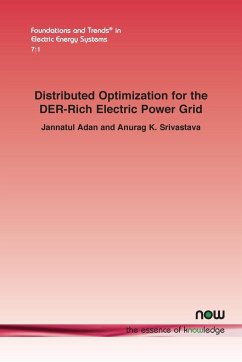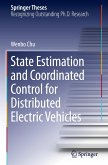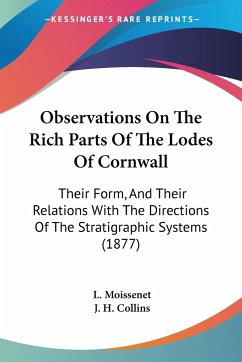This book provides a detailed overview of possible applications of distributed optimization in power systems. Centralized algorithms are widely used for optimization and control in power system applications. These algorithms require all the measurements and data to be accumulated at a central location and hence suffer from single-point-of-failure. Additionally, these algorithms lack scalability in the number of sensors and actuators, especially with the increasing integration of distributed energy resources (DERs). As the power system becomes a confluence of a diverse set of decision-making entities with a multitude of objectives, the preservation of privacy and operation of the system with limited information has been a growing concern. Distributed optimization techniques solve these challenges while also ensuring resilient computational solutions for the power system operation in the presence of both natural and man-made adversaries. There are numerous commonly-used distributed optimization approaches, and a comprehensive classification of these is discussed and detailed in this work. All of these algorithms have displayed efficient identification of global optimum solutions for convex continuous distributed optimization problems. The algorithms discussed in the literature thus far are predominantly used to manage continuous state variables, however, the inclusion of integer variables in the decision support is needed for specific power system problems. The mixed integer programming (MIP) problem arises in a power system operation and control due to tap changing transformers, capacitors and switches. There are numerous global optimization techniques for MIPs. Whilst most are able to solve NP-hard convexified MIP problems centrally, they are time consuming and do not scale well for large scale distributed problems. Decomposition and a solution approach of distributed coordination can help to resolve the scalability issue. Despite the fact that a large body of work on the centralized solution methods for convexified MIP problems already exists, the literature on distributed MIPs is relatively limited. The distributed optimization algorithms applied in power networks to solve MIPs are included in this book. Machine Learning (ML) based solutions can help to get faster convergence for distributed optimization or can replace optimization techniques depending on the problem. Finally, a summary and path forward are provided, and the advancement needed in distributed optimization for the power grid is also presented.
Hinweis: Dieser Artikel kann nur an eine deutsche Lieferadresse ausgeliefert werden.
Hinweis: Dieser Artikel kann nur an eine deutsche Lieferadresse ausgeliefert werden.








